 Atelier, #45G (Keller Williams NYC) | https://cityrealty.com/n/I2723142
Atelier, #45G (Keller Williams NYC) | https://cityrealty.com/n/I2723142
Historically, all-cash buyers made up only a small fraction of New York City purchasers and were concentrated at the top end of the market. But in recent years, these deals have accounted for about half of all sales. In late 2023, with rising mortgage rates, appraiser Miller Samuel found that 67.9% of Manhattan sales were all-cash—a record-high share.
Although that figure has since dipped as rates have stabilized, cash buyers remain a strong force, especially in new development. “We’re still seeing a lot of cash offers,” says Kayla Lee, a seasoned SERHANT broker currently representing new development inventory at The Huron in Greenpoint and Vesta in Long Island City. “In any given building, it averages out to around 35% cash. Sometimes they come in as all-cash and later add financing with no contingencies, so it’s almost as good as cash.”
While cash offers can be hard to beat, financed buyers should not be discouraged. “We don’t think cash is king anymore,” Lee adds. “Savvy financed buyers are getting more strategic.”
In this article:
"The market share of cash purchases was 58%, remaining well above the long-term 50% average. However, financed sales increased at twice the rate of cash purchases, caused by the modest decrease in mortgage rates over the past few months." — Elliman Q1 2025 Manhattan Sales Market Report
In a market dominated by all-cash buyers, it obviously makes sense to offer a larger down payment and, in turn, reduce your financing ratio. Even if you can't present an all-cash offer, offering above the minimum down payment is a move that will likely work in your favor.
2. Offer more than the asking price
In addition to putting down a larger deposit, it always helps to put in a highly competitive bid. The further above the asking price you can go, the better. “You might not be cash, but if you can offer $10,000 or more above a competing bid, that may win you the deal,” Lee says. “We’ve seen it work.” Lee also says that some buyers present as all-cash to appear competitive, then add financing later if it doesn’t affect closing. “As long as it’s non-contingent, many sellers are okay with it.”
3. Be ready to move quickly
In most cases, potential buyers are either pre-qualified or pre-approved when they put in a bid. Since all-cash buyers also can close more quickly than financed buyers who require final approval from a lender, another way to gain a competitive edge in an all-cash market is to undergo underwriting before making an offer. While by no means typical, in the current market, an "underwritten preapproval" is highly recommended since, compared to regular preapprovals, in this case, an underwriter will review your entire file before you put in a bid, leaving only documents related to the property to be underwritten once you a bid is accepted.
“This is the most direct way to make your offer as strong as a cash bid,” says Lee. Removing the mortgage contingency eliminates the seller’s risk and can put a financed offer on equal footing.
Real estate contracts or purchase agreements contain dozens of buyer and seller contingencies. At their most basic, these are the mutually agreed-upon terms that guide the sale of a property. On the buyer side, common contingencies include the home sale contingency (a clause that ensures that the sale doesn't have to proceed if the buyer can't sell their current property) and the home inspection contingency (a clause that gives the buyer the right to back out of the deal if the home inspection reveals any major problems). While it is rarely wise to go into contract with no contingencies, in the current market, financed buyers (albeit only in consultation with their representative attorney) may want to consider waiving one or more common contingencies.
5. Be flexible on the closing date
Depending on the seller, an exceptionally short or exceptionally long closing date may be desirable. In the current market, financed buyers are also advised to be as flexible as possible about closing dates. Lee notes that sellers often appreciate when buyers can accommodate their move-out schedules. “Offer to close faster or rent the unit back to the seller for a short time if that helps. That flexibility makes a big difference.”
“Offer to close faster or rent the unit back to the seller for a short time if that helps. That flexibility makes a big difference.” —Kayla Lee
In most real estate contracts, buyers aren't obliged to go through with a purchase if the home appraisal reveals that the actual value of the home is significantly lower than the asking price. This clause is important because lenders typically won't finance the total amount of a requested home loan if the home is undervalued. In today's competitive all-cash market, more buyers are removing this standard appraisal clause and replacing it with an "appraisal guarantee clause"—essentially, a guarantee that the buyer will go through with the purchase, whatever value is determined during the appraisal process.
7. Include an escalation clause
Another clause being written into real estate contracts to help give financed buyers a competitive edge is the "escalation clause." In short, this clause guarantees that if the seller receives a higher offer, the buyer will raise their offer.
8. Make a personal appeal to the seller
Many first-time buyers are surprised to discover that buyers sometimes include a personal letter with a bid. While there is no guarantee a personal letter will work, in some cases, it can seal the deal. “Financed buyers are winning deals by being more personable, flexible, and prepared,” says Lee. A clean offer, coupled with an understanding of the seller’s needs, can often rival or even beat an all-cash bid.
For example, someone who raised a family in their home may want to sell their home to a young couple with plans to repeat the cycle, and even be willing to make price concessions to ensure this happens. Since appealing to a seller on a personal level may or may not be a good idea, however, it is always best to ask for advice from your real estate agent before writing what is sometimes referred to as a homeowners' "love letter." More information about when and why to craft such a letter may be found here.
Coops tend to be far less investor-friendly than condos. In most cases, this is due to the strict residency requirements found in coops, which typically require buyers to live in their units permanently or at least for two years before they can be rented. Although the coop market is also currently seeing a surge in all-cash buyers, compared to the condo market, it is still generally an easier place for financed buyers to get a foot in the door.
10. Agree to take the apartment not in “broom clean condition”
One of the most common clauses found in real estate contracts is the clause that stipulates that the seller must leave the property in “broom clean conditions.” Given that there is no clear definition of what “broom clean condition” means and many buyers still hire a professional to carry out a move-in clean, a final recommendation is to sweep out the broom clause. After all, in the current real estate market, a bit of dirt may be a small price to pay for a competitive edge.
11. Consider a CEMA loan structure.
Lee highlights the value of the Consolidation, Extension, and Modification Agreement (CEMA), especially on resale units where the seller has a mortgage. “It can save thousands on mortgage recording taxes, and we’ve used it successfully at The Huron,” she says. “It does take a couple of extra weeks of paperwork, but when loan amounts are high, the savings are worth it.”
12. Work with an experienced team.
“Getting a deal done today means strategy, creativity, and teamwork,” Lee says. A knowledgeable agent and attorney can help you make a compelling, tailored offer that resonates with sellers. After all, in most cases, modifying, deleting, and adding atypical contingencies and clauses to a purchase agreement comes with at least some level of risk. Working with a team of professionals committed to protecting your best interest is essential.
Four-bedroom Manhattan listings under $1.5M



321 West 90th Street, #2F
$1,499,000 (-6.3%)
Riverside Dr./West End Ave. | Cooperative | 4 Bedrooms, 2 Baths


Three-bed Manhattan listings under $1.5M










Two-bed Manhattan listings under $1.5M

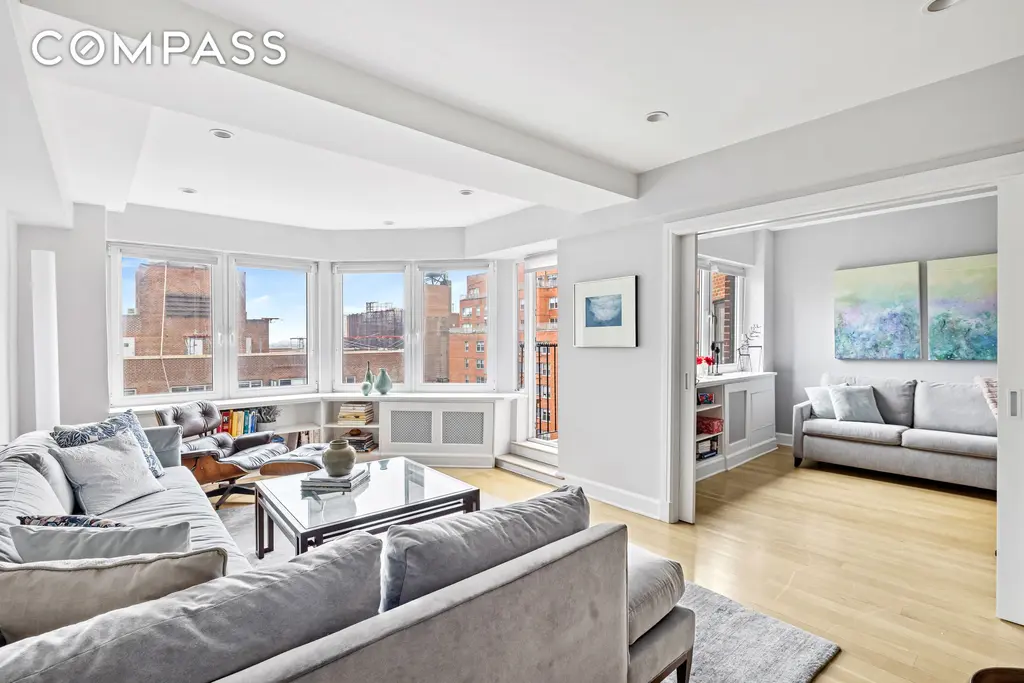

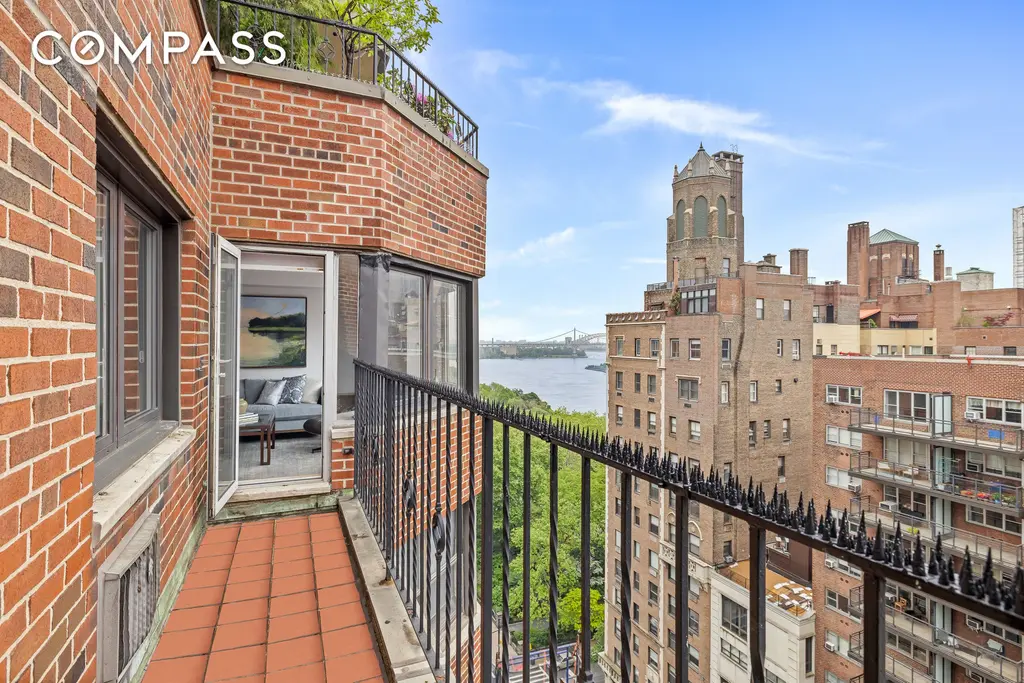




Rivercross, #1213
$1,199,000 (-4.1%)
Roosevelt Island | Cooperative | 2 Bedrooms, 2 Baths | 1,400 ft2


27 East 65th Street, #8B
$1,200,000
Park/Fifth Ave. to 79th St. | Cooperative | 2 Bedrooms, 2 Baths | 1,500 ft2


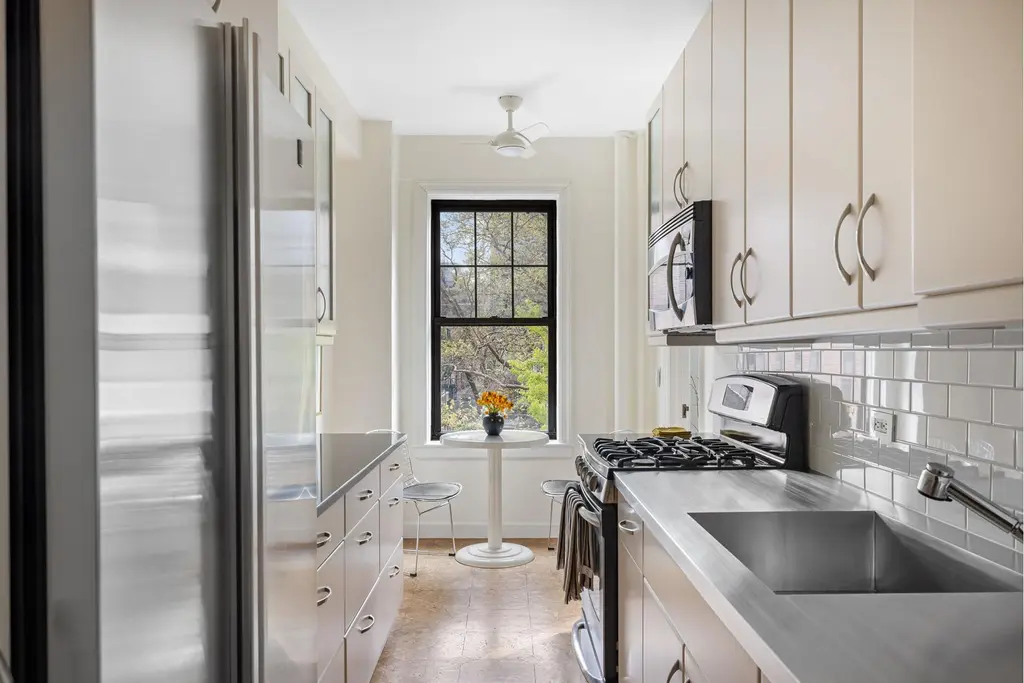








825 West End Avenue, #7G
$1,495,000
Riverside Dr./West End Ave. | Condominium | 2 Bedrooms, 2 Baths | 1,236 ft2

One-beds and studio listings in Manhattan under $1.5M

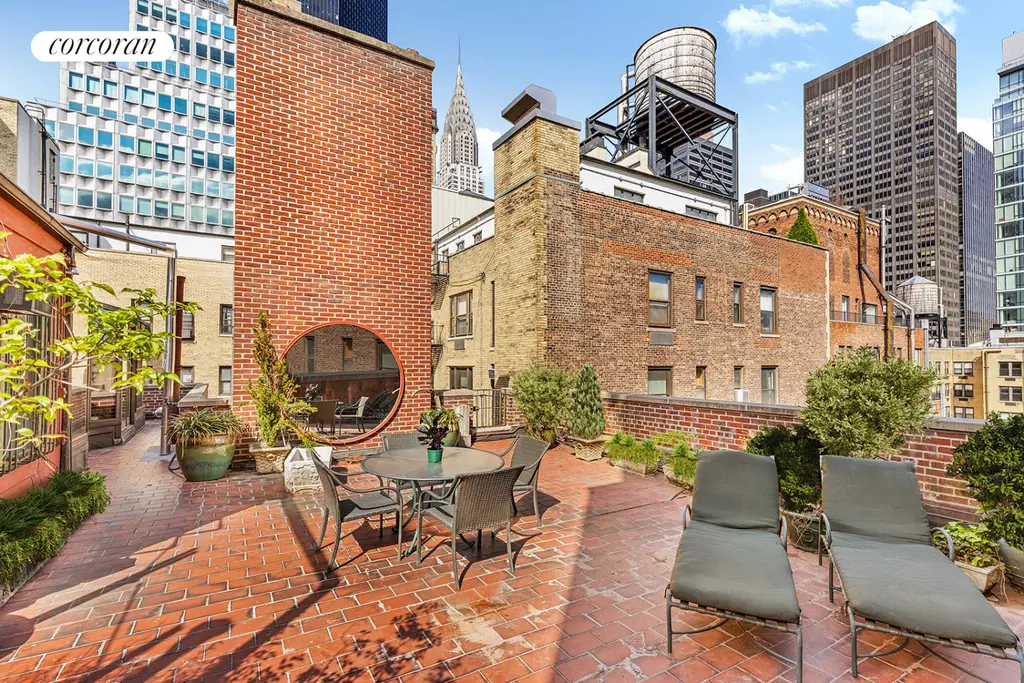



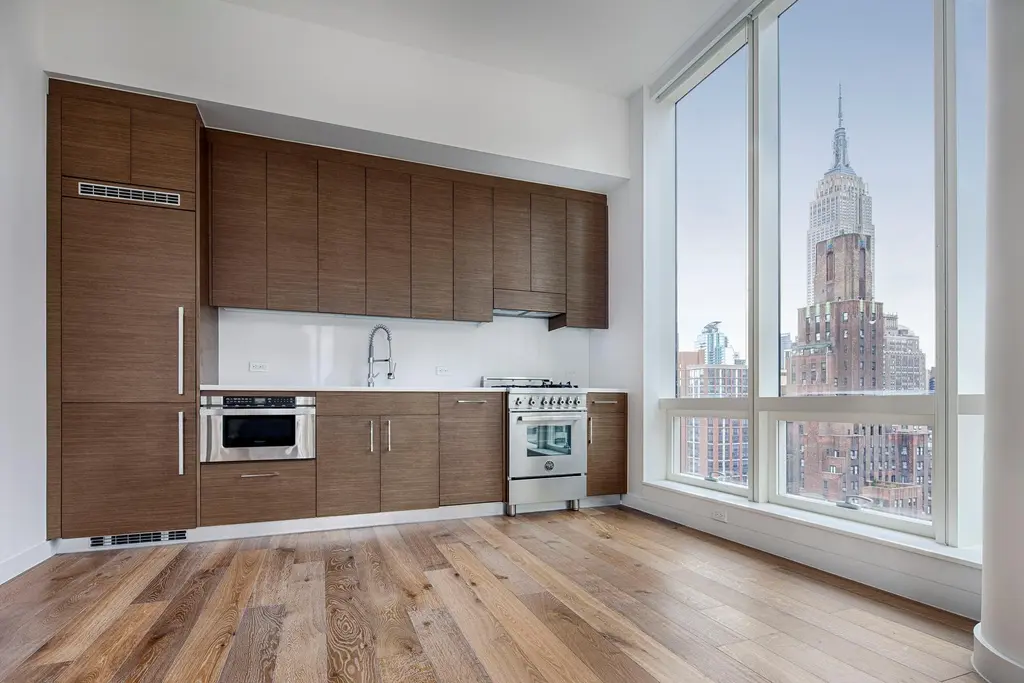



21 East 22nd Street, #6H
$1,495,000 (-24.3%)
Flatiron/Union Square | Cooperative | 1 Bedroom, 1 Bath | 1,500 ft2



















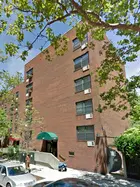









 6sqft delivers the latest on real estate, architecture, and design, straight from New York City.
6sqft delivers the latest on real estate, architecture, and design, straight from New York City.
